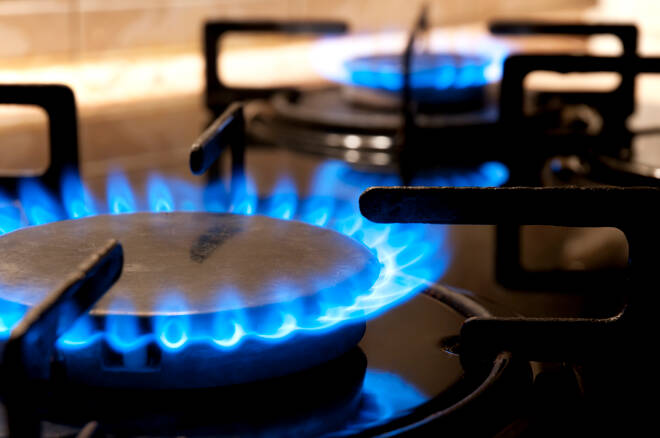Advertisement
Advertisement
Saudi-Kuwait Plans To Develop Huge Gas Field Challenged By Iran
By:
Saudi Arabia and Kuwait have agreed new plans to develop Dorra gas field, with an estimated 1 trillion cubic feet of gas reserves in place, but Iran is contesting the agreement
Key Highlights
- Saudi Arabia and Kuwait have agreed on new plans to develop the Dorra gas field.
- Dorra has an estimated 1 trillion cubic feet of gas reserves in place.
- Iran contests the development saying the field is partly its own.
There has been hope of some relief from high global gas prices from the news that Saudi Arabia and Kuwait plan to develop the Dorra offshore gas field that lies in the Partitioned Neutral Zone (PNZ).
The field has an estimated one trillion cubic feet of gas reserves in place and around 310 million barrels of oil. However, such optimism might be short-lived, given adjunct plans for the area announced by Saudi’s arch-nemesis Iran.
The recent signing of a document by Saudi Arabia’s energy minister, Prince Abdulaziz Bin Salman, and the Kuwait Petroleum Corporation, to develop the Dorra gas field opens the way for the production of at least one billion standard cubic feet per day (bcf/d) of gas and 84,000 barrels per day (bpd) of condensates.
Under the terms governing PNZ oil and gas discoveries, the revenues from the Dorra find will be divided equally between Saudi Arabia and Kuwait.
Iran Believes The Field Is Partly Its Own
However, according to a statement over the weekend from Iran’s Foreign Ministry, “Iran reserves the right to develop this joint gas field.” The basis of the Ministry’s view on the Dorra field – called ‘Arash’ by Iran – is that it has historically been a joint field not just between Saudi Arabia and Kuwait but also with Iran.
This assertion is based on the fact that parts of the Dorra/Arash field are located within seas located between Iran and Kuwait. In reality, although Iran did open talks with Kuwait in 2000 to develop the field, no agreements were reached.
Iran’s Foreign Ministry subsequently stated that: “According to international regulations and procedures, any action in the operation and development of this field must be done in coordination and cooperation of all three countries.”
The Ministry added: “So the recent action of Kuwait and Saudi Arabia in the form of a cooperation document, has been done contrary to current procedures and negotiations and is illegal and has no effect on the legal status of the field and is not approved by the Islamic Republic of Iran.”
Although Iran also stated over the weekend that “[we are] ready to enter into negotiations with neighboring countries, Kuwait and Saudi Arabia, on how to develop this joint,” it remains to be seen whether such talks will be entered into by Saudi Arabia.
The two countries’ longstanding animosity toward each other remains heightened by the conflict in Yemen and the recent Iran-backed Houthi attacks on Saudi Arabian hydrocarbons sites.
About the Author
Simon Watkinsauthor
Simon Watkins is a former senior FX trader and salesman, financial journalist, and best-selling author. He was Head of Forex Institutional Sales and Trading for Credit Lyonnais, and later Director of Forex at Bank of Montreal. He was then Head of Weekly Publications and Chief Writer for Business Monitor International, Head of Fuel Oil Products for Platts, and Global Managing Editor of Research for Renaissance Capital in Moscow.
Advertisement
